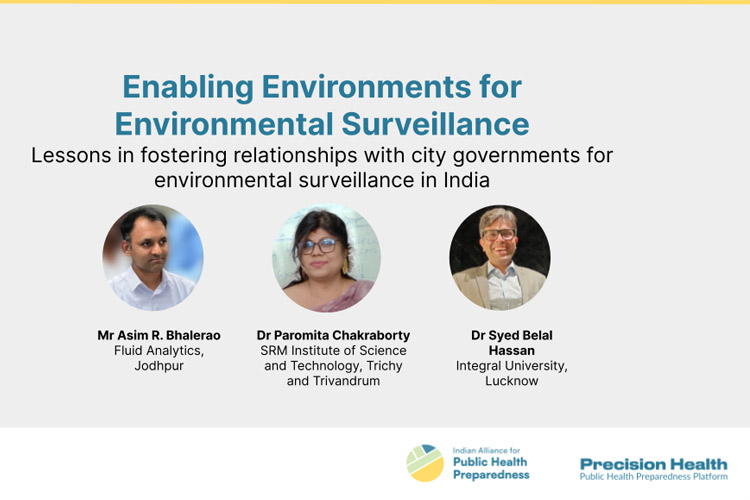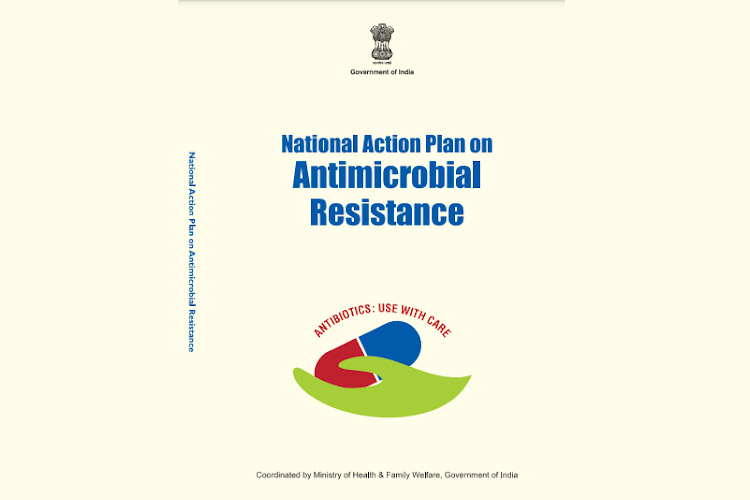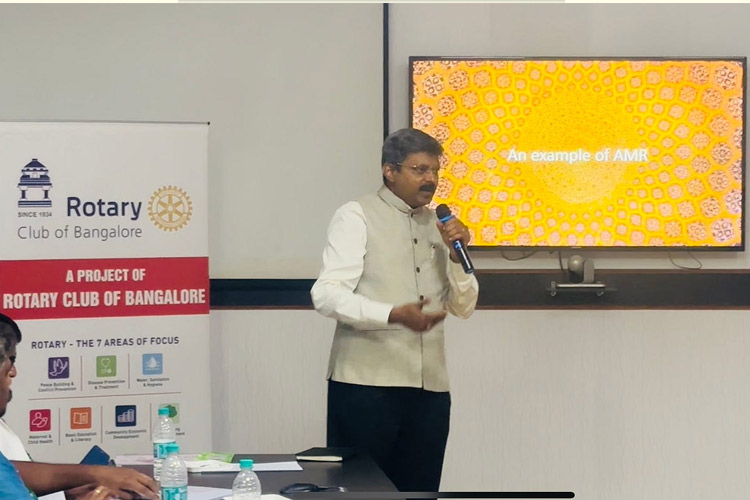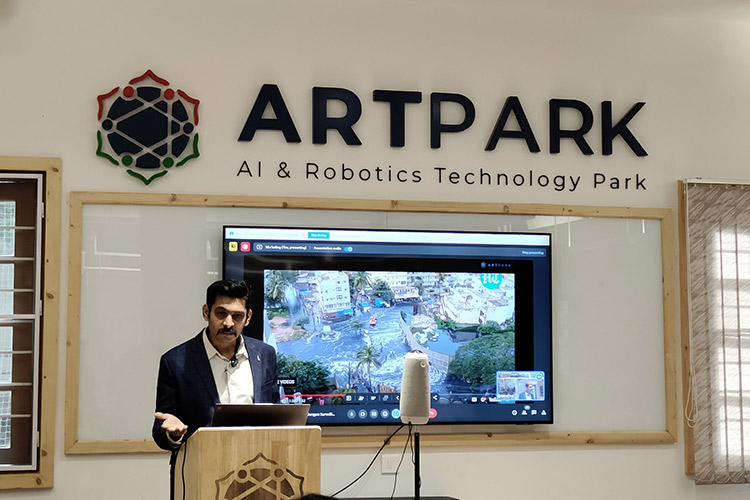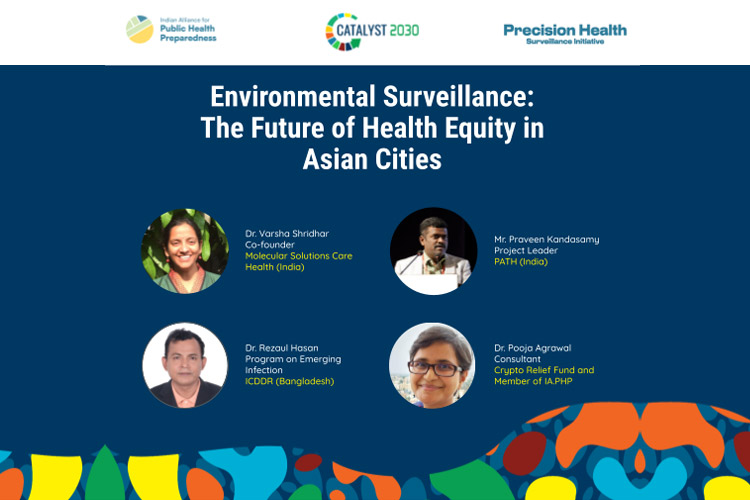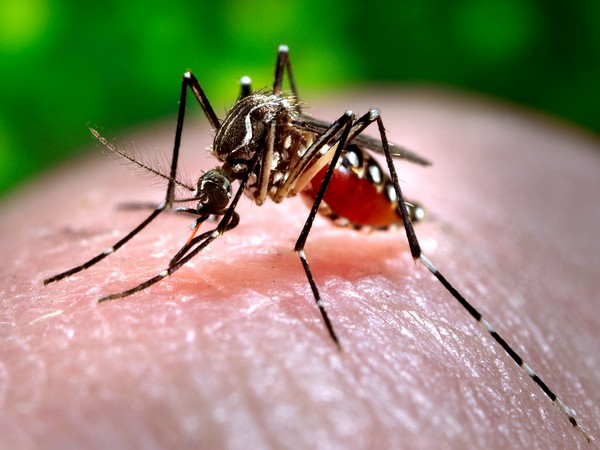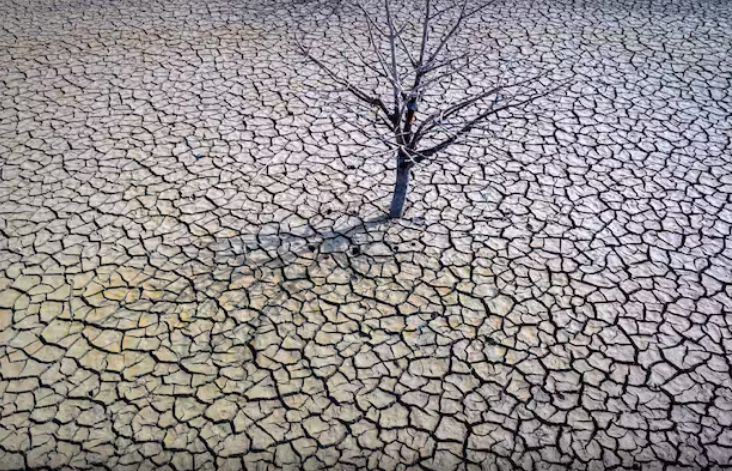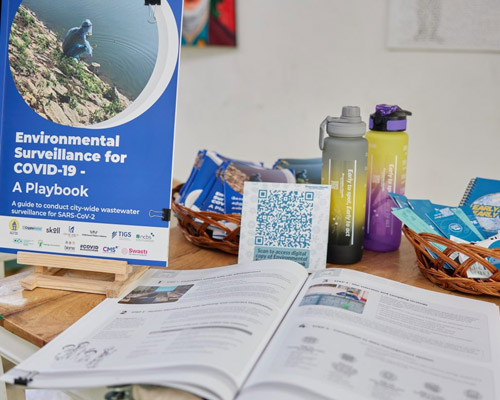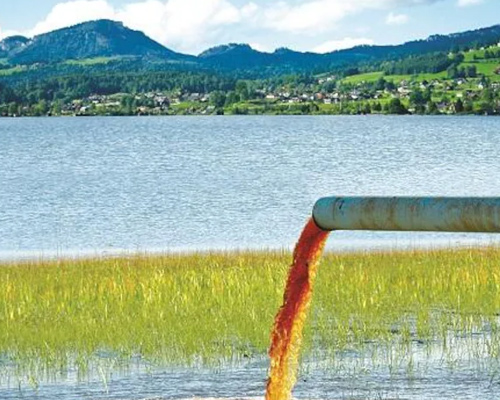On 27th October 2023 IAPHP hosted a public panel titled ‘Enabling Environments for Environmental Surveillance’ featuring Precision Health City Partners –
- Mr. Asim R. Bhalerao, CEO, Fluid Robotics
- Dr. Paromita Chakraborty, Professor & Head of REACH, SRM Institute of Science and Technology, Trichy & Trivandrum
- Dr. Syed Belal Hassan, Dy Medical Superintendent & Associate Professor Community Medicine, Integral University Lucknow
The panelists shared their experiences of initiating projects with government departments including identifying champions within government, building relationships on trust, finding institutional alignment, and overcoming barriers faced. Watch the complete event.
